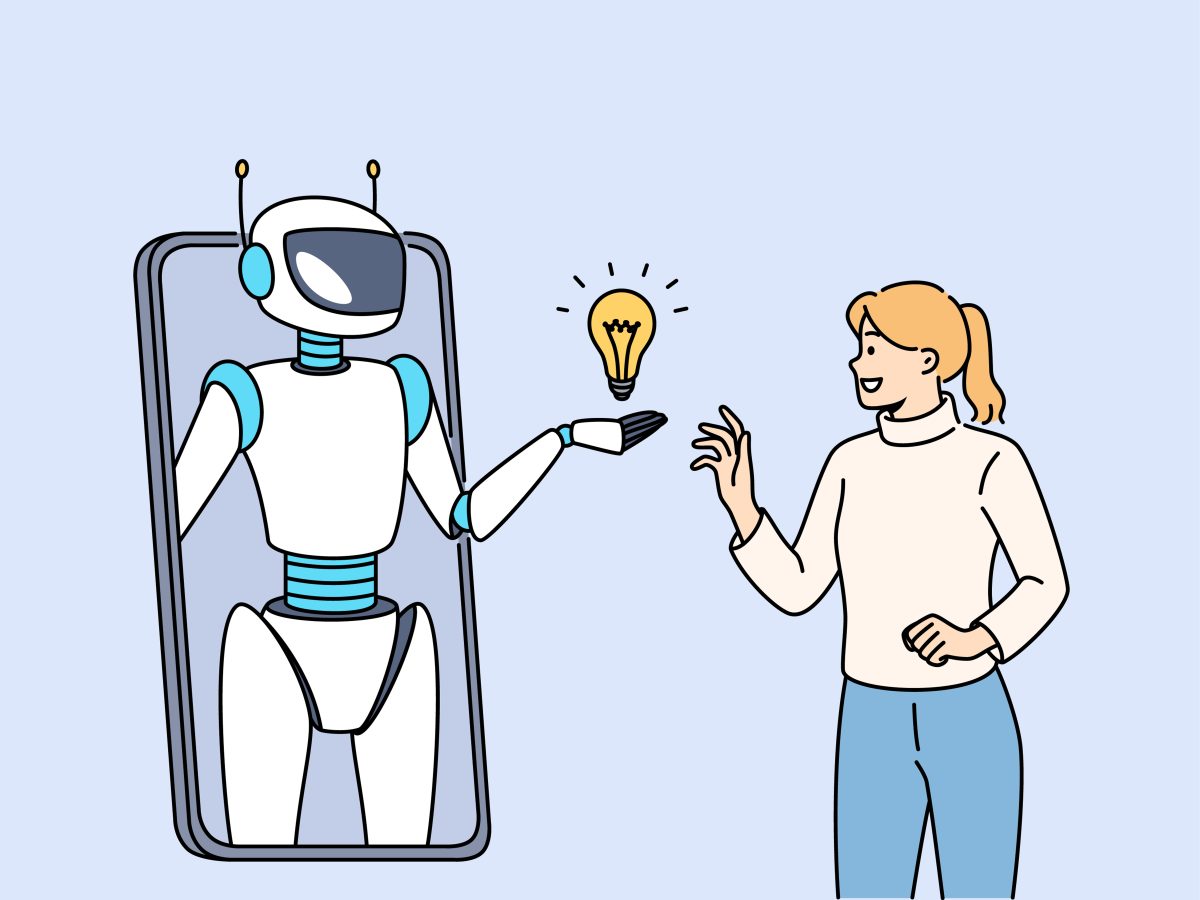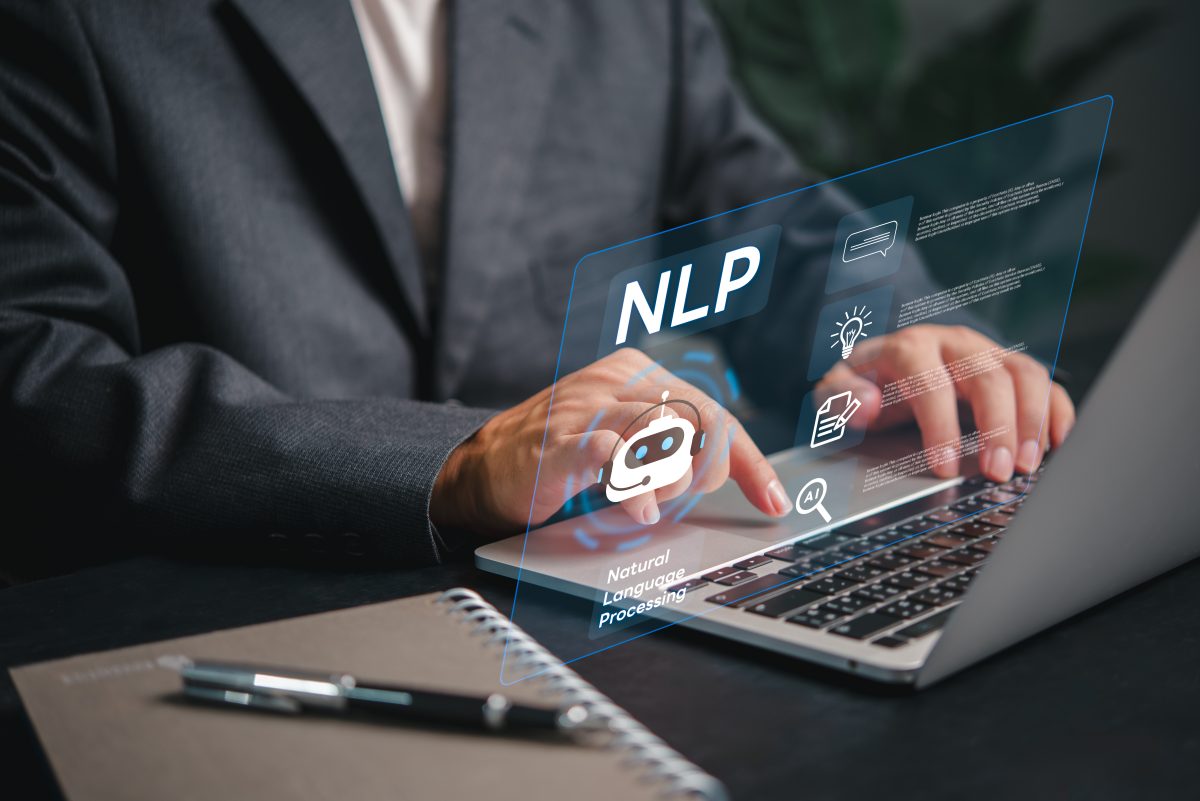Table of Contents

Understanding the Shift: How AI is Redefining Consumer Behavior Analysis
Consumer behavior analysis has long been a cornerstone of effective marketing strategies. Traditionally, marketers relied on surveys, focus groups, and purchase history to understand their customers. However, with the explosion of data and rapid technological advancements, Artificial Intelligence (AI) is fundamentally transforming how businesses interpret and predict consumer behavior.
AI tools now help companies dive deeper into the “why” behind customer actions, enabling more personalized experiences, improved targeting, and better decision-making across the marketing funnel.
What is AI-Powered Consumer Behavior Analysis?

At its core, AI-powered consumer behavior analysis leverages machine learning algorithms, natural language processing (NLP), and data mining to interpret large volumes of consumer data. This includes behavioral patterns across websites, mobile apps, social media, and even voice searches.
Unlike traditional analytics, which are often backward-looking, AI systems are predictive, identifying emerging trends and anticipating customer needs in real time.
Key Data Sources AI Can Analyze
- Browsing and clickstream data from websites and mobile apps
- Social media sentiment and brand mentions
- Customer support interactions, including chatbots and emails
- Purchase history and cart abandonment patterns
- Voice and visual searches, growing with tools like Google Lens and Alexa
These diverse data points, when processed by AI, offer a more comprehensive view of consumer behavior than ever before.
The Real-Time Advantage: Speed and Scale
AI enables real-time tracking and analysis of consumer interactions, a feat nearly impossible through manual methods. Tools like predictive analytics platforms can instantly identify shifts in consumer interest, allowing marketers to respond with agility.
For example, AI can detect a sudden surge in interest for a product and trigger automated marketing campaigns or inventory alerts. This real-time responsiveness not only boosts engagement but also improves the customer experience by reducing friction points.
Hyper-Personalization at Scale
AI is transforming personalization by allowing businesses to tailor content, product recommendations, and messaging to individual users based on real-time behavior, preferences, and past interactions. This goes beyond basic segmentation—AI enables true one-to-one marketing that feels relevant and timely to each customer.
What sets AI apart is its ability to do this at scale. Instead of manually customizing experiences, marketers can automate hyper-personalized journeys for thousands or even millions of users simultaneously. The result is a more engaging customer experience that increases loyalty, improves conversions, and drives measurable growth.
Predictive Analytics and the Customer Journey
AI can map and anticipate the customer journey, helping businesses understand which touchpoints lead to conversions and which cause drop-offs. Through predictive analytics, companies can estimate lifetime customer value (LTV), churn probability, and optimal re-engagement times.
For instance, an e-commerce brand might use AI to identify customers likely to churn and trigger re-engagement emails or special offers to retain them.
Use Case: AI-Powered Chatbots and User Insights
Modern chatbots do more than answer FAQs—they actively gather customer data. These interactions feed into AI models that detect customer sentiment, preferences, and potential friction points.
As these systems mature, they will become integral not just to customer service but to strategic marketing decisions as well.
Ethical Considerations and Data Privacy
As AI becomes more integrated into consumer behavior analysis, concerns around data privacy and ethical use of AI are intensifying. Consumers are increasingly aware of how their data is collected and used, demanding greater transparency and control. Businesses must navigate these concerns by implementing robust data protection measures and ensuring ethical AI practices.
Studies emphasize the importance of transparency in AI processes, regular audits to address biases, and incorporating consumer feedback in AI development. Prioritizing data privacy and fairness not only ensures compliance with regulations like the General Data Protection Regulation (GDPR) but also builds consumer trust.
Future Outlook: AI and Evolving Consumer Expectations
Consumers are increasingly expecting businesses to understand their needs and respond proactively. As AI becomes more embedded in consumer behavior analysis, we can anticipate:
- Smarter recommendation engines
- Emotion-aware marketing content
- Dynamic pricing based on demand and behavior
- Voice-first customer journeys
Companies that can interpret and act on behavioral data with intelligence will gain a significant competitive advantage.
Aligning AI Strategy with Business Goals
Integrating AI into your consumer behavior analysis isn’t just about technology—it’s about aligning data insights with business objectives. Whether you’re aiming to improve ROI on ad spend, enhance UX, or deepen customer loyalty, AI provides the tools to make data-driven decisions more effectively.
That’s why forward-thinking digital teams are not just collecting data—they’re transforming it into action.
At Pressific, we understand the importance of staying ahead in the fast-changing digital landscape. Whether you’re enhancing your content strategy, user experience, or analytics workflows, a strong grasp of how AI influences consumer behavior can amplify your impact.
Conclusion: The New Era of Insight-Driven Marketing
Artificial Intelligence has revolutionized the way businesses understand and engage with their customers. From real-time tracking to hyper-personalization and predictive insights, AI tools provide unprecedented clarity into consumer behavior.
In today’s digital economy, relying on traditional analysis methods is no longer enough. Embracing AI is no longer optional—it’s a competitive necessity. To stay ahead, businesses must invest not only in technology but also in the mindset to leverage insights intelligently and ethically.
Want to future-proof your digital strategy? Start by understanding your customers better—with the power of AI. Explore more insights and strategies at Pressific






